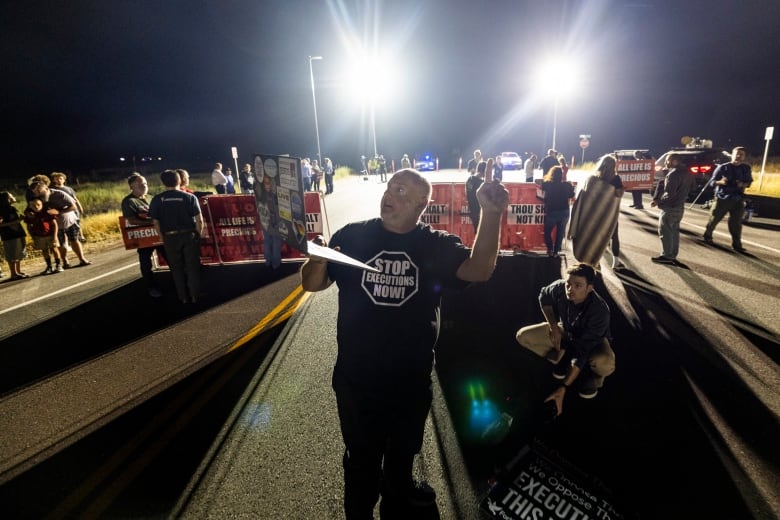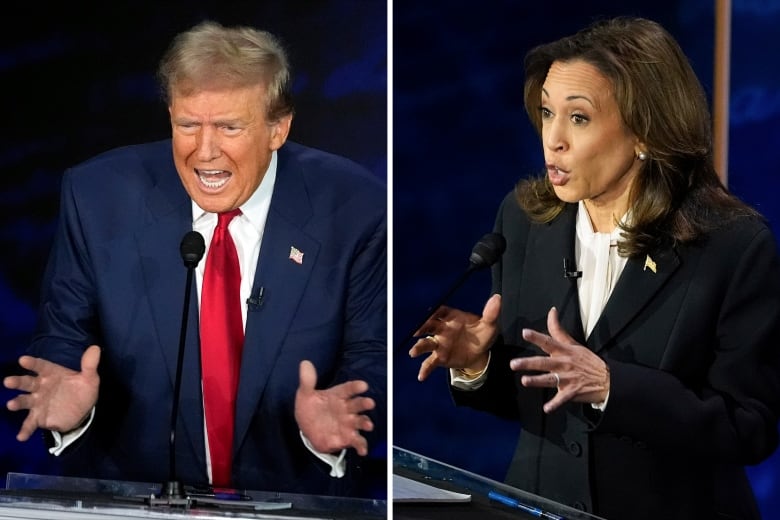Washington’s governor is set to attend an event at the state penitentiary in Walla Walla on Wednesday to mark the facility officially shutting down its death chamber.
That same governor, Jay Inslee, issued a moratorium on executions early in his term, in 2014. Since the death penalty was reinstated in the U.S. in the 1970s — after an eight-year pause due to legal wrangling over the issue — Washington has executed five people, but none since 2010.
South Carolina, meanwhile, is poised to carry out an execution on Friday, in the case of convicted murder Freddie Owens. The case involves questions of judicial fairness — a co-defendant testified against Owens and received a 28-year sentence — as well as the unusual scenario of a lawyer picking an execution method for his client, among lethal injection, electrocution and firing squad.
These divergent paths reflect the state of the death penalty in the U.S., where a relatively small number of states carry out executions, but where a change in the presidency after the Nov. 5 election could lead to a resumption of federal executions.
Here’s a look at some of the current death penalty issues.
Where, how many
There have been 13 executions carried out in seven states in 2024. The deaths came by lethal injection, except for an Alabama execution in which nitrogen hypoxia was used for the first time for this purpose.
It’s possible this year’s total will match the 23 executions last year, with the Death Penalty Information Center (DPIC) listing Owens as one of 11 people with a confirmed execution date before Dec. 31.

A record 98 executions took place in 1999. But now, 21 states don’t have the death penalty, with six more enacting moratoriums on the practice. Even some states with laws still on the books, like Idaho and Indiana, haven’t carried out an execution in more than a decade, with Kansas’s last execution taking place in 1965.
Fairness and cost are most often cited as reasons to move away from executions.
Death penalty sentences have been given to African American defendants at a rate disproportionate to their share of the population, according to the DPIC. And while about half of all homicide victims in the U.S. are Caucasian, about 75 per cent of the executions carried out since 1977 involved those convicted for killing white victims.
Multiple studies have found death penalty cases cost taxpayers substantially more than when a defendant gets life in prison without parole, due to exhaustive appeals and related expenses for lawyers and scientific experts.
As well, states and governments open to carrying out the death penalty have run into obstacles in the past decade concerning the three-drug combination that had typically been used for lethal injections until then. Some pharmaceutical manufacturers have balked at having their drugs used for executions.
More than 2,200 people currently reside on state death rows.
The death penalty and the election
There was a 17-year gap between executions of federal inmates, which ended July 2020. That was when the U.S. Justice Department in Donald Trump’s administration carried out the first of 13 executions in seven months.
It was a dramatic juxtaposition in a time where several states pulled back on the practice as COVID-19 spread extensively in U.S. prisons. The federal executions accounted for nearly half of the 28 carried out across the U.S. for the years 2020-21.

Trump, should he return to the office, is expected to direct the attorney general to resume federal executions. There are 40 federal death row inmates, all male. Trump has mused more than once about wanting some drug and human traffickers to be eligible for the death penalty, a thorny legal and political question.
In her campaign for the Democratic presidential nomination in 2020, Kamala Harris said there should be a moratorium on federal executions.
Republicans have tried to portray Harris as a candidate without deeply held views, and she has shifted her stance on the death penalty, according to her position. As San Francisco’s district attorney in 2004, she vowed to “never charge the death penalty.” But years later, as California attorney general, she said she would “enforce the death penalty as the law dictates,” arguing she was obligated to uphold the law as the state’s top attorney.
As for the electorate, 53 per cent in Gallup’s most recent survey on the subject were in favour of the death penalty, with a record-low 32 per cent of Democrats expressing that view. Between 1985 and 1999, support for the death penalty in the Gallup survey was over 70 per cent. For the first time, Gallup reported, fewer than half of survey respondents believed that capital punishment is applied fairly.
Legal issues: Will child rape one day qualify?
Execution law in the U.S. dictates that crimes must involve a victim’s death, or treason, to be eligible for the death penalty. The Supreme Court ruled nearly 40 years ago that execution is too harsh a punishment for sexual assault.
Florida and Tennessee are testing that proposition; their legislatures recently changed laws to make some child rape convictions eligible for the death penalty. The conservative Project 2025 document promoted by many Trump surrogates and written by the Heritage Foundation think-tank argues the next federal administration should “pursue the death penalty for applicable crimes — particularly heinous crimes involving violence and sexual abuse of children — until Congress says otherwise through legislation.”
LISTEN l Nikki McCann Ramirez of Rolling Stone on Project 2025:
Day 613:20Project 2025. A controversial made-for-Trump blueprint to remake America
This week, former U.S. President Donald Trump and his campaign continued trying to distance themselves from Project 2025. But there are numerous people who served in Trump’s 2016 to 2020 administration, who are tied to the project. Project 2025 has published a 900-page document called Mandate for Leadership 2025: The Conservative Promise. It takes on everything from abortion to immigration, to the future of federal agencies and civil rights laws. Biden and the Democrats call it Trump’s ‘extremist’ agenda for America. Trump denies any involvement. Nikki McCann Ramirez is a politics reporter with Rolling Stone magazine and joins Day 6.
The 2008 version of the Supreme Court ruled it unconstitutional to use capital punishment in child sexual battery cases. But four justices dissented and three of them are still on the bench — Chief Justice John Roberts, along with justices Samuel Alito and Clarence Thomas.
The court is now comprised of a 6-3 conservative majority, unlike in 2008, and the southern states could be hoping for a reversal of longstanding precedent, as was seen in 2022, when the landmark Roe v. Wade opinion on abortion from 1973 was essentially overturned.

Another case that could make it to the Supreme Court is Florida’s newly enacted law indicating a defendant can be sentenced to death if as few as eight jurors vote for it during the death penalty phase after conviction. Gov. Ron DeSantis was angered that the Parkland school shooter was sentenced to life in prison when three jurors felt there were mitigating factors in the shooter’s background that made a death sentence unjust.
All other states with death penalty laws on the books require unanimous jury approval, except for Alabama, where 10 or more jurors must agree.
This post was originally published on this site be sure to check out more of their content.








